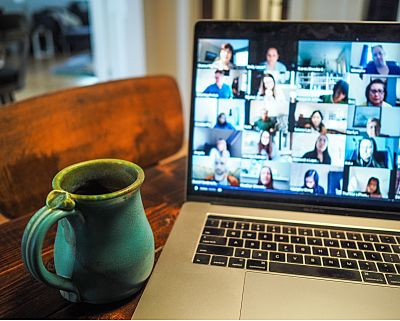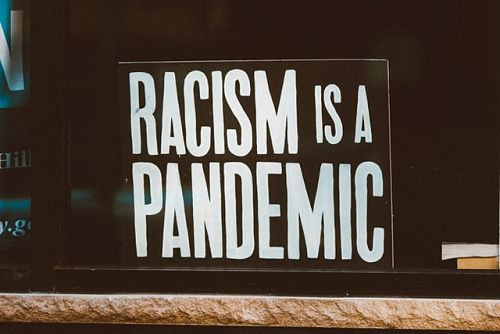New Zealand Education Minster, Pita Sharples, has launched a new initiative ‘Tataiako’ that aims to help teachers to improve their understanding of Maori culture.
The resource, which acts as a set of guidelines, enables teachers to reflect on their past cultural sensitivity, to assess their existing knowledge, and also to take responsibility for improving their cultural awareness for the future.
The important aspect of this particular programme is that it looks to establish a long-term reflexive attitude within the teaching commuity. The stress is not to enforce rules or test teachers, but instead to encourage them to contemplate upon their own experiences and behaviour throughout their careers.
New Zealand is popular with tourists from all over the world and is famous for accommodating and welcoming their needs. However, as with every country, it is vital that it considers the cultural integration of its own citizens before true pluralism can be achieved. It is not about a short-term activity-based integration or homogenizing of migrant communities, it is about the existing people of New Zealand having respect for the cultures of their own islands.
“Engaging in respectful working relationships with Maori students and their families” (quoted from: New Zealand news platform ‘Stuff’) is a key point taken from the new guidelines. It extends from the classroom discussion and integrity of cultural awareness to broader social integration of different communities within New Zealand (school) life. A further three guidelines outline “sincerity and respect towards Maori beliefs, language and culture”, taking responsibility for the learning of Maori students and the deliberate recognition of Maori student’s heritage as the core competancies for teachers to work for.
The main need is to understand the importance of identity to Maori students and their communities. Without understanding the unique perspectives of these children and young adults, you cannot fully engage in understanding how school and learning can and will come across to them.
Statistical evidence over the past decade has shown that students from a Maori background are falling behind those children from other ethnic groups. Improving cultural awareness will not only improve the continuity of Maori childrens’ lives, but will also make it easier for communication to exist between schools and Maori communities on the issue of education.
Finally, from the development of more culturally aware and skillful teachers should come the formulation a of more respectful, united and happy student population.

 +44 0330 027 0207 or +1 (818) 532-6908
+44 0330 027 0207 or +1 (818) 532-6908






















